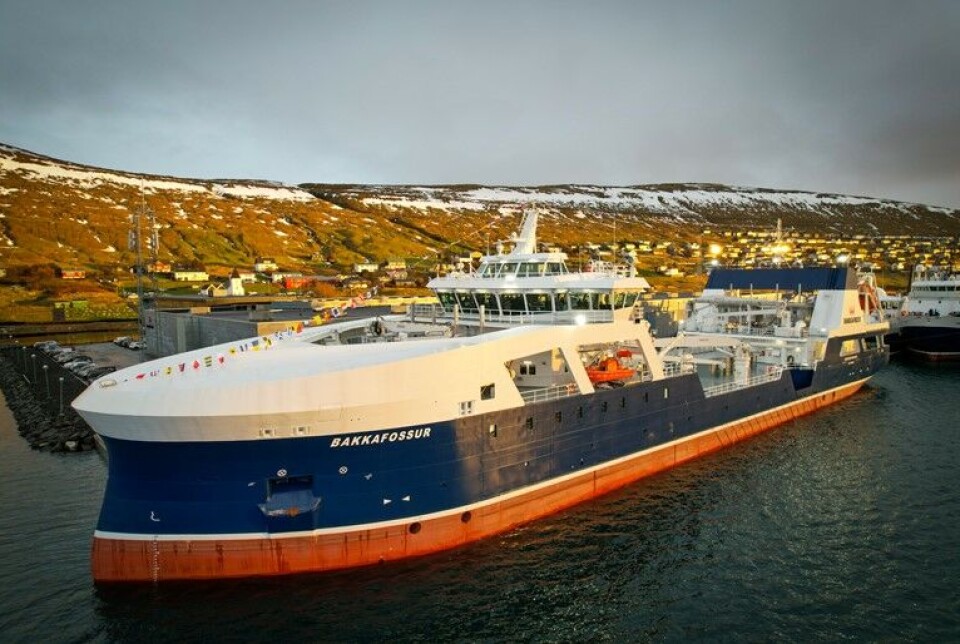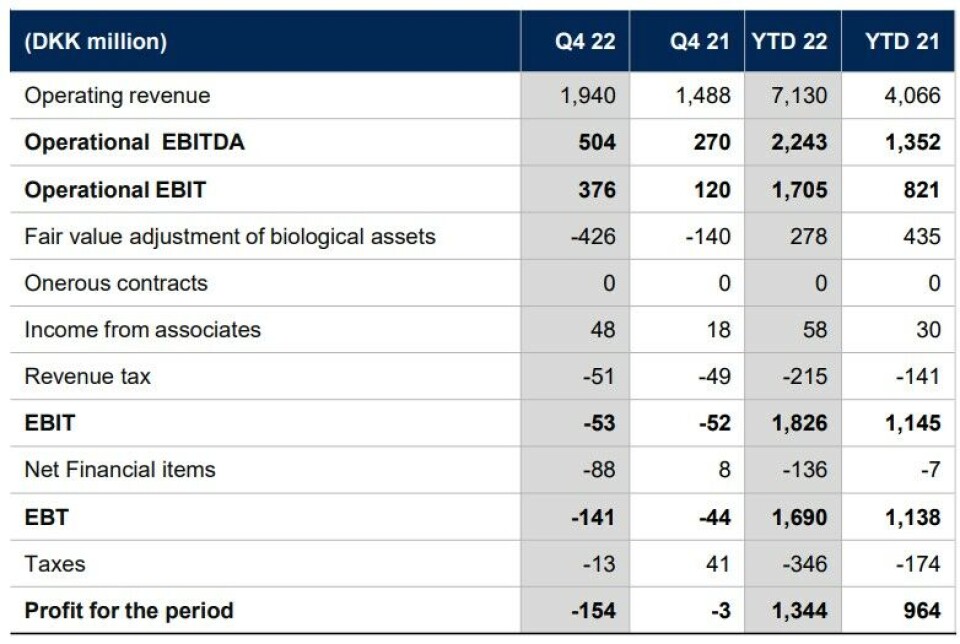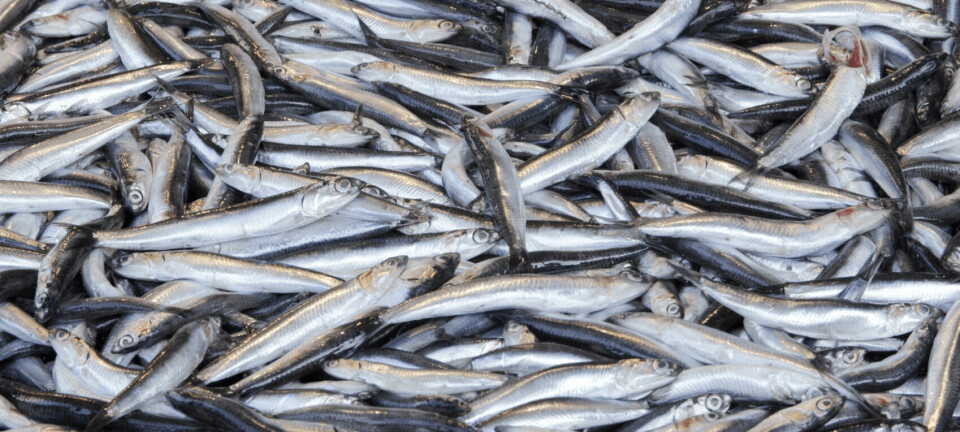
Bakkafrost doubled operating profit in 2022
Salmon farmer buoyed by historically low mortality in Faroes
Faroes and Scotland salmon farmer Bakkafrost Group more than doubled operating profit in 2022, despite losses of DKK 298 million (£35.3 m) in Scotland.
Bakkafrost achieved operating EBIT (operating profit) of DKK 1.705 billion (£201.7 million) last year, compared to DKK 821 m in 2021. Operating revenue amounted to DKK 7.130 bn last year (2021: DKK 5.554 bn).
The company harvested 90,600 gutted weight tonnes (96,000 gwt) of salmon in 2022, of which 66,700 gwt (67,200 gwt) was harvested in the Faroes and 23,900 gwt (29,700 gwt) in Scotland.
It expects to harvest 68,000 gwt in the Faroes and 30,000 gwt in Scotland this year.
“Overall, we are satisfied with the results from the Faroe Islands in this quarter,” said chief executive Regin Jacobsen in a statement accompanying the company's results for the fourth quarter of last year in which Bakkafrost reported an operating profit before adjustments of DKK 376 m.
Strong market
“The salmon market has been strong due to low global supply and the biological performance in the Faroe Islands has been strong with all-time low sea lice levels and historically low mortality. Our smolt production in the Faroe Islands receives new production capacity from the hatchery expansions at Norðtoftir and Glyvradal.
“Around new year, we received our new wellboat, Bakkafossur, in the Faroe Islands. With a total capacity of 10,000m³, this is one of the biggest wellboats in the world, and also one of the most technologically advanced. It brings new freshwater treatment capabilities to the Faroese farming operation, which will be positive to further improve the biological performance, and it also prepares Bakkafrost for future offshore farming in the Faroe Island.
“The biological performance in Scotland is still more challenging than in the Faroe Islands, but we are now much better equipped to tackle the challenges and mitigate biological risks in Scotland, e.g. with the new 4,000m³ wellboat (Ronja Star) in Scotland with dual treatment and freshwater capabilities. In the second half of Q4 2022, the mortality in Scotland reduced significantly and we decided to reduce harvest to let the fish grow and gain weight and value. As a result, we have harvested bigger fish than ever before in January 2023.”





















































